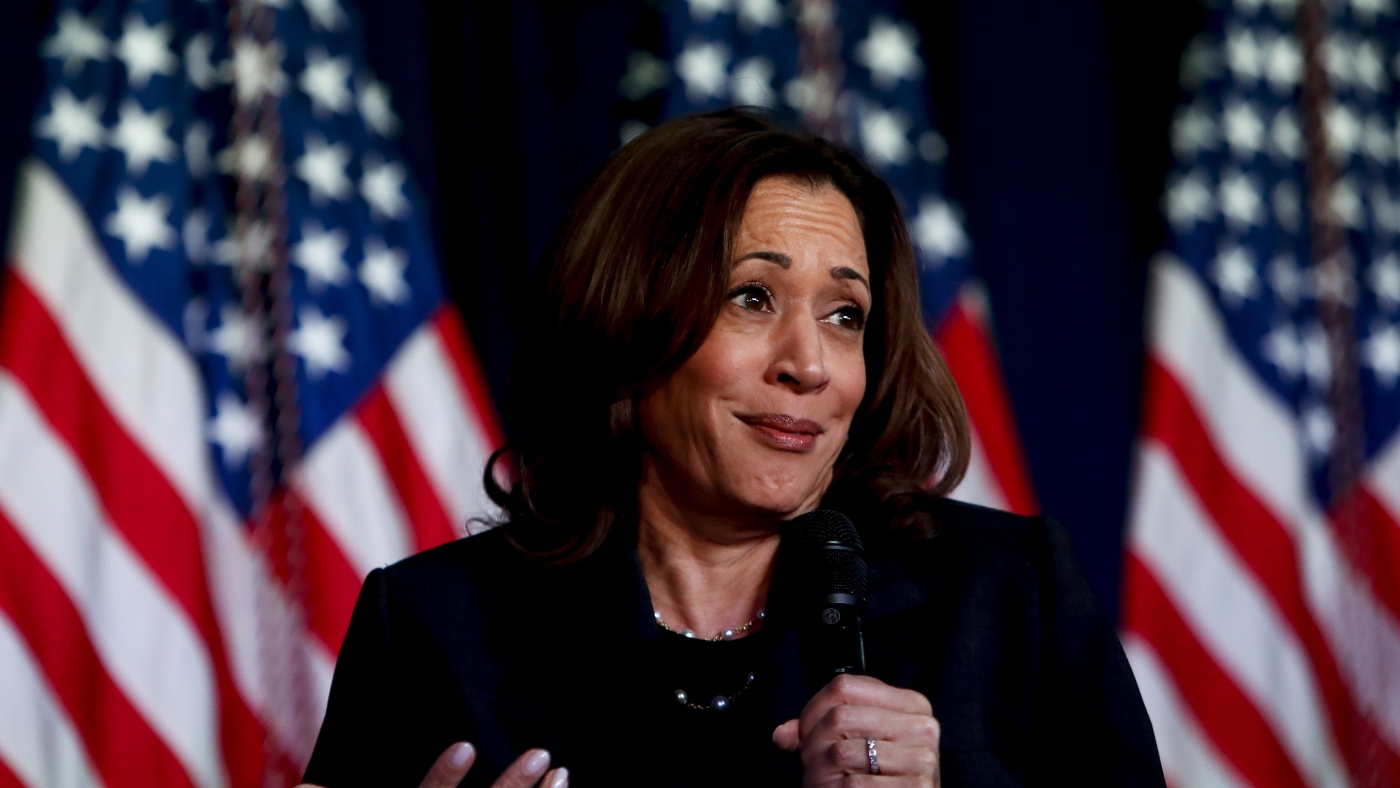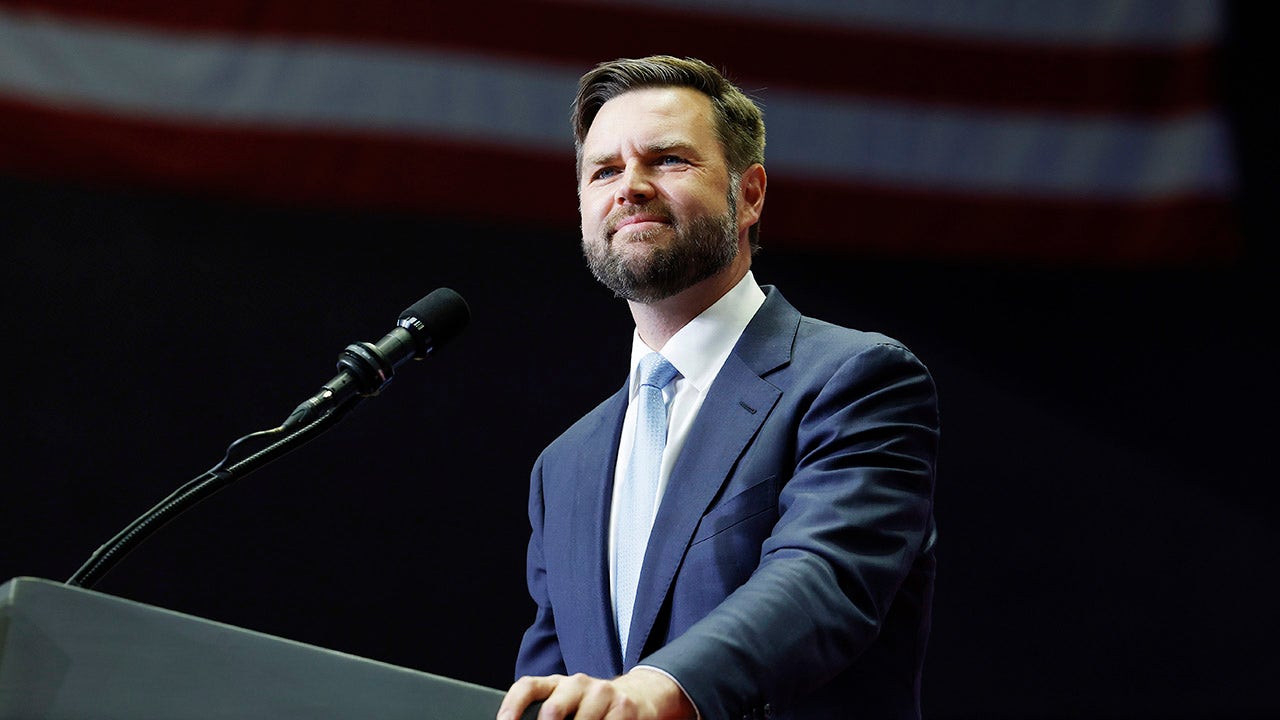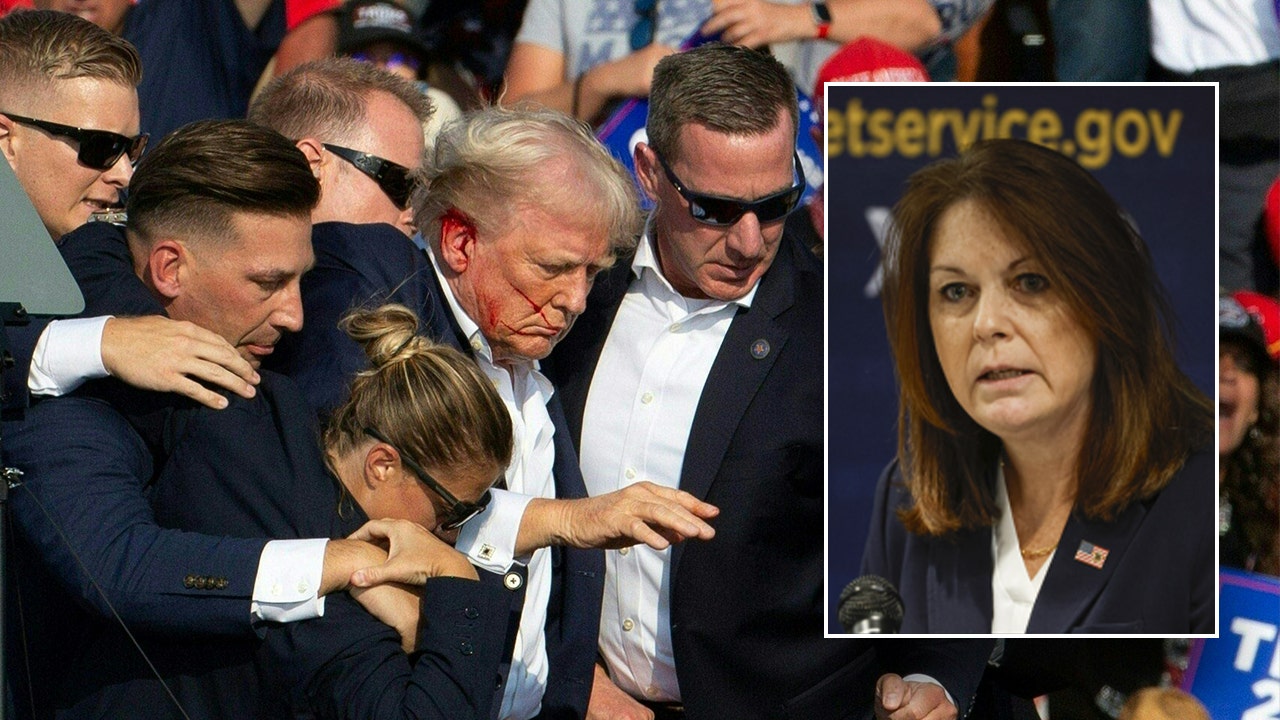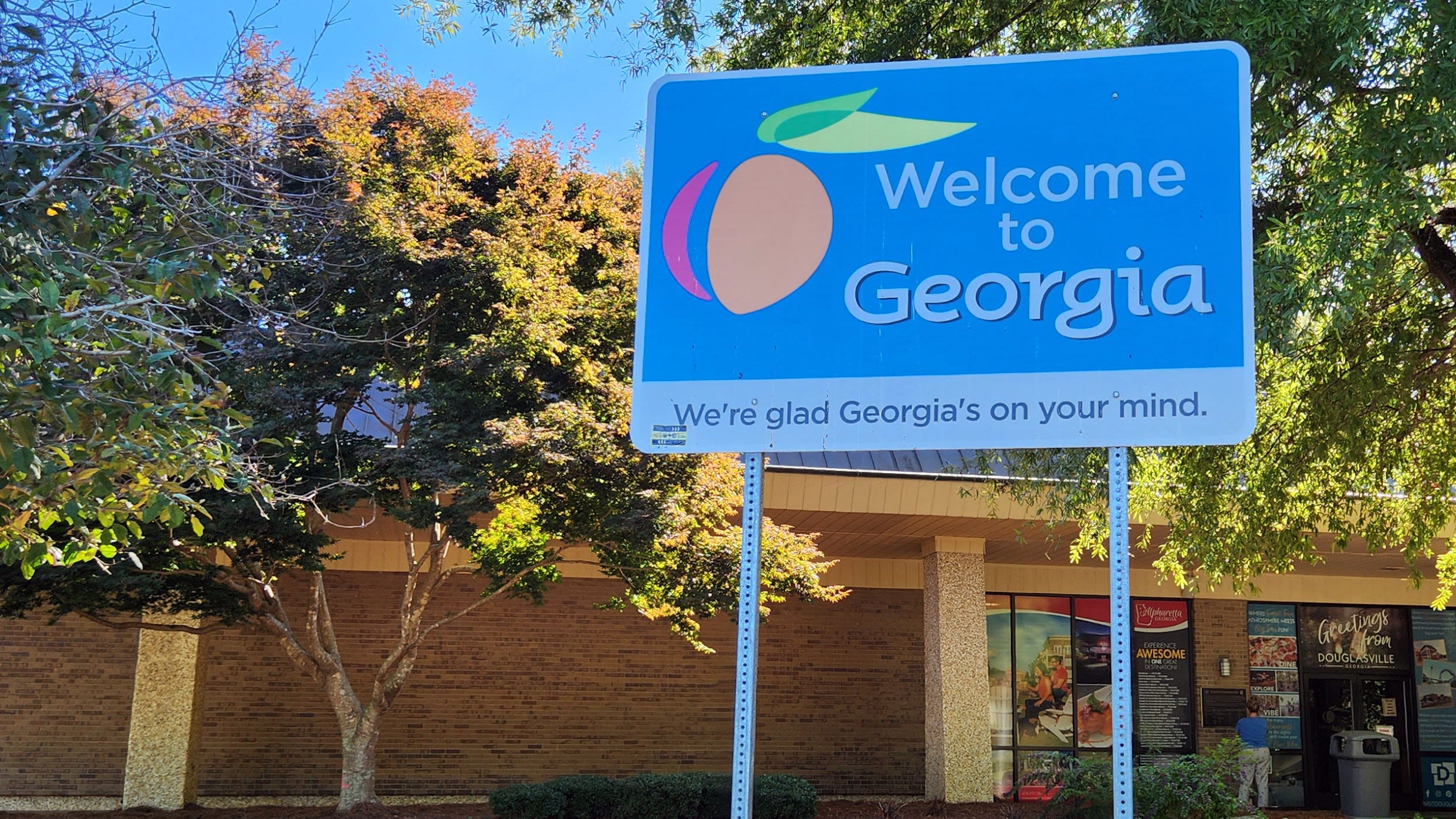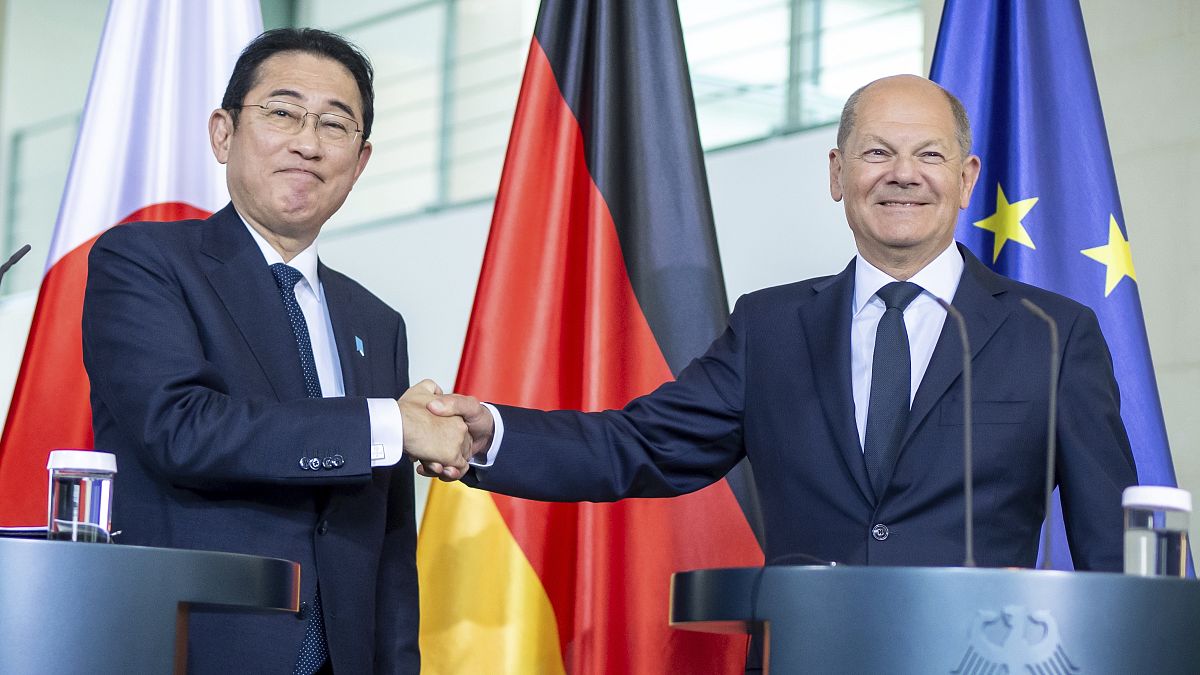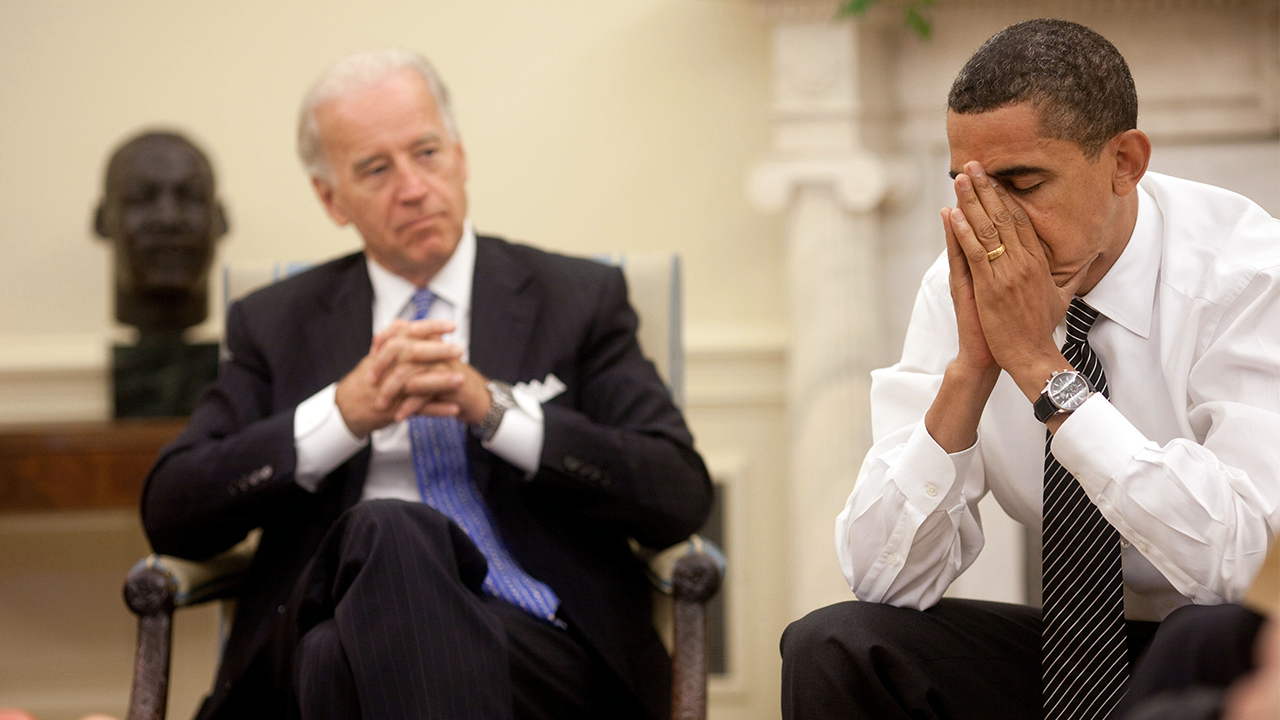“It’s up to the president to decide if he is going to run,” Nancy Pelosi told MSNBC on July 10, smiling past Joe Biden’s insistence a day earlier that he would not be dropping his re-election bid unless the “Lord Almighty” ordered it.
Pelosi, the former Speaker of the House, never publicly called for Biden to end his candidacy and make way for a new generation after his disastrous debate performance against Donald Trump in late June.
But for someone with the San Francisco Democrat’s heft in the party it was the equivalent of telling America’s commander-in-chief: think again.
When one of Pelosi’s closest political allies, California representative Adam Schiff, last week called for the president to step aside, it was all but over. “Mama bear has sent her message,” a senior Democrat in Washington said.
Biden’s downfall, an unprecedented political geronticide, played out over 24 days, with the president and his inner circle fighting to cling on to power as a growing band of Democrats — elected officials, donors and activists — undertook the ugly work of toppling him. They did so with misgivings but ultimately convinced that his candidacy would doom the nation to a Trump restoration in November and all that might accompany it.
The ending was unceremonious. On Sunday, at 1.46pm, Biden posted a one-page statement on social media from his holiday home in Rehoboth Beach, Delaware, where he has been recuperating from Covid.
Almost instantaneously, he was showered with accolades — including from those who had worked to oust him. “He will undoubtedly go down in the history books as a true American patriot,” said Virginia Senator Mark Warner. Barack Obama called him “one of America’s most consequential presidents, as well as a dear friend”.
Having buried Biden, it was now time for the Democrats to praise him.
On one level, his fall is an epic event that may reverberate from the battlefields of Ukraine to the fight against climate change and American women’s freedom to make their own reproductive decisions.
Yet it is also eminently relatable: the everyday story of a family attempting to persuade a beloved but declining patriarch to step aside. Or, as one Democratic operative in Washington described it: “The hardest case of taking away the keys from dad. Ever.”
It began in a television studio on CNN’s Atlanta campus that the cable network converted into a red-white-and-blue debate stage for the Trump-Biden match-up. It was Biden who requested the early June 27 debate — hoping to jolt a campaign that was trailing Trump in polls by a small but persistent margin.
In the event, it backfired. A rasping, rambling Biden ended up crystallising the worries about his age and fitness, rather than dispelling them.
“I was wishing that someone would jump out and stop it the way they do in a boxing match when an ageing champ is getting brutally beaten,” said Frank Aquila, a corporate lawyer at Sullivan & Cromwell and Democratic fundraiser, who was watching with his wife in their Manhattan apartment.
They began frantically texting with family and friends. “They were all in shock,” he said.
The internet would soon be ablaze with clips of Biden stumbling and losing his train of thought — claiming at one point to have “finally beaten Medicare”.
“We are in Fuck City,” Ari Emanuel, the chief executive of the Endeavor talent agency, declared at the Aspen Ideas Festival the next morning, capturing Democrats’ sense of dread.
On Wall Street, a top rainmaker had his secretary clear his schedule as soon as the debate ended — including a meeting with the chief executive of a S&P 500 company in the middle of a takeover bid. “I immediately called up a bunch of my closest pals and we started co-ordinating our efforts,” this person recalled.
Over the coming days they would play a pivotal role, leveraging contacts in Washington, and delivering a stark message: no more money would be going to Biden.
The Biden team entered damage control mode. Before sheltering with his family at Camp David that weekend, the president tried to reassure wealthy donors at fundraisers in the Hamptons, the ultra-wealthy Long Island playground, and at New Jersey governor Phil Murphy’s estate overlooking the Navesink River.
Guests traded looks of disbelief that Biden relied on a teleprompter to deliver remarks to donors. “You can’t run the country with a teleprompter,” one adviser to a big Biden donor said.
The shock at Biden’s debate performance was fast turning to anger. Donors complained that they had been misled by the president’s inner circle about the extent of his decline. They were referring to a tight-knit group who had served him for decades, including Anita Dunn, Mike Donilon, Steve Ricchetti and Ted Kaufman.

The first lady Jill Biden was also a target. The president’s wife of 47 years and closest confidante was widely admired for her down-to-earth persona. Now she was being recast as Lady MacBiden, too enamoured with the trappings of the White House to discourage her husband’s worst instincts.
In Hollywood, the fury was aimed at Biden’s chief fundraiser Jeffrey Katzenberg, the co-founder of the DreamWorks film studio who some felt was peddling political make-believe.
“[Katzenberg] would say, ‘He’s fine, I was just with him,’” a Hollywood veteran and longtime Democratic donor recalled. “He had this famous quote for everybody, which was ‘I’m happy to put you in a room with him and you’ll see for yourself.’ But nobody did it.”
For those who cared to see it, evidence of Biden’s frailty abounded. Trump had been harping on it for years. There was the ever-present teleprompter. There was the way his wife and others formed a protective wall on stage, limiting the public’s view of his ginger steps. There was the regular adventure of the president attempting to mount the stairs to Air Force One.
More recently, there were the freezing episodes — both at a Juneteenth celebration at the White House and at a Los Angeles fundraiser, when Obama guided his former vice-president offstage by the arm.
Daniel Faraci, a Republican strategist, said there would inevitably be a “convenient blame game”. “But who can say they were really hoodwinked?” he asked.
On Friday, July 5 — eight days after the debate and three days after the first Democrat lawmaker had called for him to leave the race — Biden bowed to pressure and made a rare media appearance, sitting down with ABC’s George Stephanopoulos in a Wisconsin school.
The 22-minute interview was mostly notable for the many ways Stephanopoulos asked the president the same question: was he too old for the job?
Biden performed better than he had during the debate — but not so well as to erase the doubts. As one Democratic consultant remarked: “He could do 400 interviews with George Stephanopoulos and it wouldn’t make a difference.”
In private meetings, including a Sunday evening conference call convened by Democratic House leader Hakeem Jeffries, representatives in competitive districts warned that Biden would drag them down. The party was now in danger of losing both House and Senate. Trump would be unbound in a second term.
But the next morning, instead of relenting, Biden fought. Borrowing a page from Trump, he blamed “elites” and the news media for turning against him. In a defiant letter to Congress he ordered legislators to “turn the page”.
“He’s a brutally stubborn man,” a Biden fundraiser said of a blue-collar politician who prided himself on never giving up — overcoming his childhood stutter, the death of his first wife and young daughter and his humiliating exit from the 1987 Democratic primary.
Democrats were now adrift. Some acknowledged Biden’s weaknesses but believed it was suicidal to make a change just four months before an election.
If the party did switch horses, the cleanest solution would be to pass the nomination to vice-president Kamala Harris, who would inherit the campaign’s $230mn war chest. But many donors believed she would fare no better against Trump.
Yet passing over Harris, who is of Black and south Asian descent, risked inflaming a core Democratic constituency — especially if the job went to a white candidate instead. The party was already riven between centrists and progressives, urban elites and the working class, and its rivalrous Clinton, Biden and Obama factions.

“Everybody is terrified by a Trump presidency and everybody wants to do anything and everything possible to prevent that,” said Alexandria Ocasio-Cortez, the progressive star who represents the Bronx borough of New York City. But nobody could seem to agree on the way forward.
She too railed against the elites trying to topple Biden. “Many of these people are the same people who closed ranks around anybody who wanted to raise this conversation a year ago,” Ocasio-Cortez said.
By Tuesday, July 9, Biden appeared to be gaining the upper hand. Democrats who had voiced concerns about the president in private were now giving him their public backing.
“I’m with Joe,” Chuck Schumer, the Senate majority leader, would say to reporters time and again, his smile a shield. With the party’s mid-August convention approaching, time was on Biden’s side — even if age was not.
Then Pelosi emerged. Steely and skilful at 84, she well understood the agony of ageing out of an office. Two years earlier, when the Democrats lost control of the House, she relinquished her leadership role to make way for the younger Jeffries. The grace with which she did so only seemed to elevate her stature in the party.
“Nancy is the most important voice, and she’s furious,” a prominent Democratic donor explained.
Pelosi’s studious non-endorsement of the president that Wednesday morning coincided with the publication of a stinging op-ed penned by George Clooney, the Hollywood star who had co-hosted a bonanza fundraiser a month earlier that bagged $30mn for Biden.
“It’s devastating to say it, but the Joe Biden I was with three weeks ago at the fundraiser was not the Joe “big F-ing deal” Biden of 2010. He wasn’t even the Joe Biden of 2020. He was the same man we all witnessed at the debate,” Clooney wrote.
Inside the Biden campaign, the mood turned to despair. Some staffers confided to friends that they believed the cause was lost. Others worried that they might face legal repercussions for misleading the public about the president’s condition.
It was a bright summer’s day when the president’s motorcade rolled into Detroit on Friday, July 12. The previous evening he had muddled through another make-or-break encounter with the media, holding a press conference at the conclusion of the Nato summit in Washington. Biden managed to both flub names — referring to his “vice-president Trump” — and also display deep knowledge of global affairs.
Detroit felt like a spiritual homecoming if not a literal one. The capital of the US car industry had been left for dead but managed to claw its way back. Biden had played no small part in its salvation, overseeing the emergency loans that kept General Motors afloat after the 2008 financial crisis. Now Biden needed its grit.
The venue at Renaissance High School gymnasium felt intimate compared with the tens-of-thousands of attendees that packed some Trump rallies. Many of the Biden supporters wore T-shirts advertising their union membership. Many were Black, a constituency that led Biden to a commanding victory in a crowded Democratic primary four years earlier. Conspicuously absent was Gretchen Whitmer, the Democratic governor who had been touted as possible replacement for Biden.

“He’s not perfect but he’s not cruel,” said Nola Pankoff, 67, who had come to her first Biden rally that day with her husband, Steve, so they could lay eyes on the president themselves, without the filter of the media.
The Biden on offer that day was uneven. He confused names. He sometimes appeared to struggle reading the teleprompter. Stiff though he appeared, there was still a sparkle when he smiled at a well-wisher.
At one point, early on, a lone voice cried out: “We love you!” It seemed to lift Biden, and the rote routine of a 35-minute stump speech was transformed into something more.
“He needed that,” one woman said, visibly relieved, as she left.
That rally now feels like a swan song for an ageing politician. The next day, in Butler, Pennsylvania, a 20-year-old man would fire a volley of bullets from a nearby rooftop at Trump, injuring his ear and killing a retired fireman sitting in the front row. In an image that instantly became iconic, a bloodied Trump rose to his feet, waved his fist in the air, and exhorted his supporters to “fight!”.
The contrast was unmistakable: one candidate struggling to walk while the other dodged an assassin’s bullet. To make matters worse, Biden would soon be diagnosed with Covid.
As Biden took to his sick bed in Delaware, the campaign against him in Washington shifted into high gear. Party elders stood silent as each day brought fresh defectors publicly calling for the president to step aside.
The ugliness of the denouement brought to mind an old observation by Andrew Card, George W Bush’s chief of staff: “If anybody tells you they’re leaving the White House voluntarily, they’re probably lying.”
By Saturday evening, Biden was coming around to the inevitable, according to people familiar with the matter. The next day, he called Harris, his chief of staff, Jeff Zients, and Jen O’Malley Dillon, his campaign chair, to relay his decision.
In the aftermath, Democrats like Frank Aquila, the corporate lawyer, seemed as much stricken as relieved. “We all loved Biden because he was a pragmatist capable of keeping the different souls of the party . . . united,” he said. “That’s why it was so hard to accept that he wasn’t fit any longer to be our candidate.”









